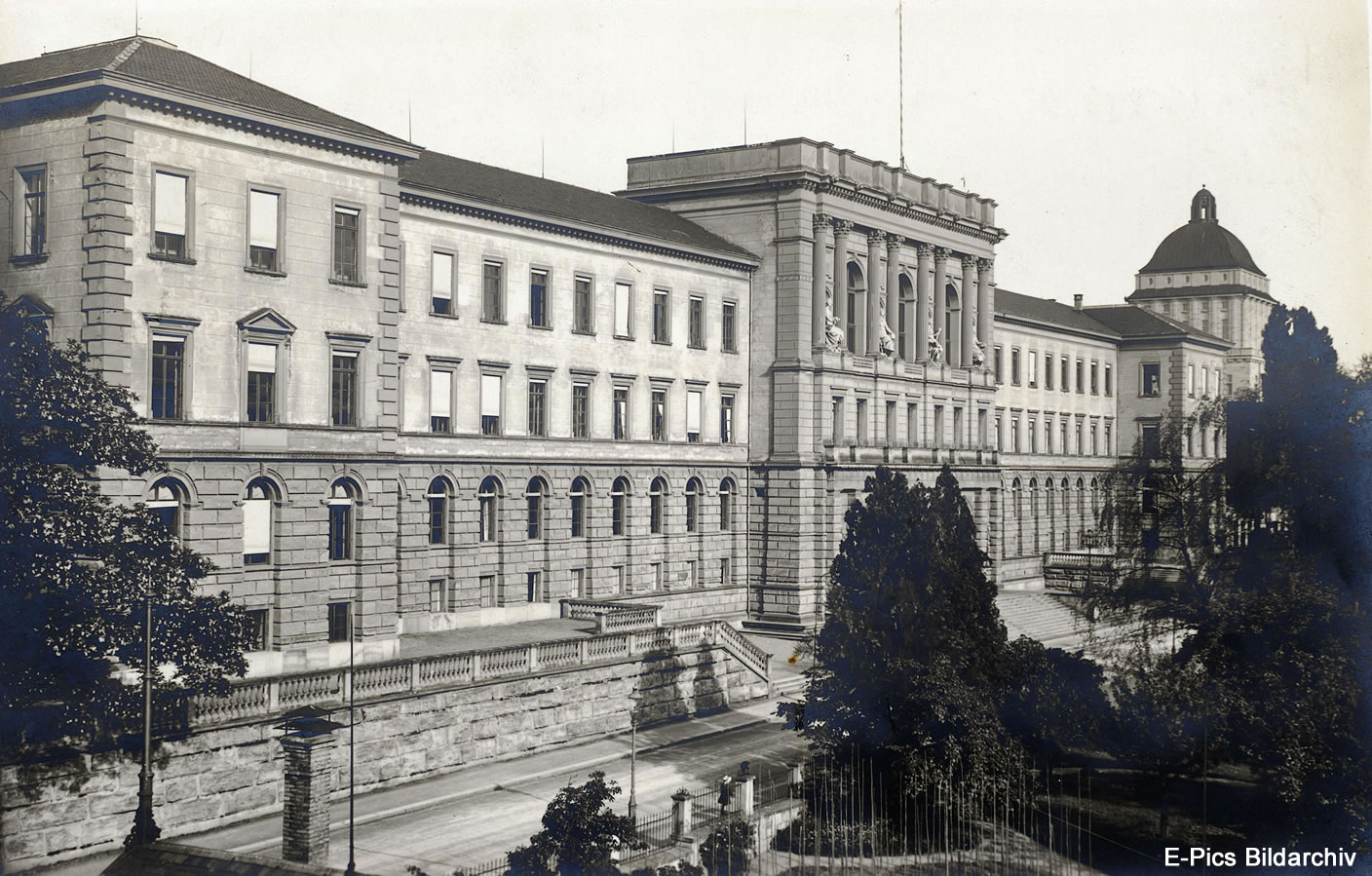Failed naturalisation and departure to the United States

A precarious situation arose for Wolfgang Pauli when Nazi Germany annexed Austria. An initial application for naturalisation in Zurich was rejected at the end of April 1938 for formal reasons whereupon Pauli had to obtain a German passport. At the same time the situation for his father in Vienna was becoming intolerable. Thanks to the efforts of professorial friends and School Council President Arthur Rohn, Wolfgang Pauli senior managed to escape to Switzerland and obtain the possibility of work at Zurich University.
After the outbreak of World War II, Wolfgang Pauli made a second application for naturalisation in Bern, again without success. The head of the police department, Heinrich Rothmund, gave as the reason for rejecting the application that Pauli "did not satisfy the requirement of assimilation", which deeply offended him. Germany's lightning victories increased the threat situation for Switzerland and also for Pauli in particular. If Germany had occupied Switzerland, under German law he would have been treated as a Jew.
Permanent temporary arrangement at ETH Zurich
For this reason Pauli accepted a guest professorship at Princeton. To this end ETH granted him six months' leave in June 1940. But it was predictable that Wolfgang Pauli, as the national of a belligerent country, could not return to Switzerland during the war. There was resentment at ETH Zurich since colleagues and students had to make do with a permanent temporary arrangement: lectures in theoretical physics were taken over by his colleague from the university, Gregor Wentzel. Nor was the "in-house theoretician" there for research projects.
ETH tried to persuade Pauli to return and threatened to terminate the employment relationship. Pauli dug in his heels, however, saying that he would like to have attended to his duties but that he was prevented from doing so by aggravating circumstances. Federal Councillor Philipp Etter also associated himself with this viewpoint, objecting to suspending the elected professor on grounds of principle.